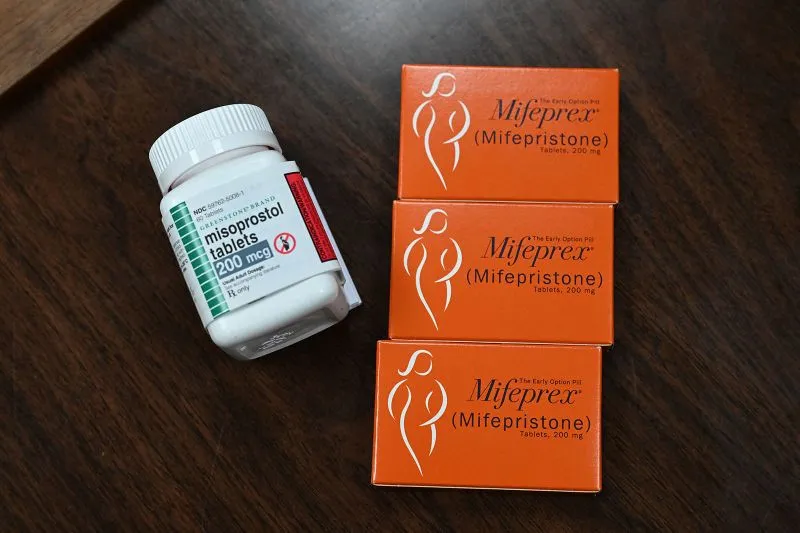Louisiana's New Law on Abortion Medications Raises Concerns for Emergency Health Care

Introduction to Louisiana’s New Abortion Medication Law
Louisiana’s new law mandates that abortion medications, specifically mifepristone and misoprostol, are categorized as controlled dangerous substances and secured in locked cabinets. This law, which took effect recently, puts patient health at risk by potentially delaying emergency treatments.
Impact on Healthcare Providers
Healthcare providers are worried about the ramifications of this law, particularly in emergency situations. Dr. Jennifer Avegno, an emergency physician, voiced concerns that the requirement to unlock these medications significantly increases response times during critical moments, such as childbirth emergencies.
Challenges in Emergency Situations
The necessity to retrieve these medications from locked cabinets during emergencies can add important minutes to treatment times. As expressed by Dr. Avegno, "If you’ve ever watched someone bleed out after childbirth...you know that minutes can make a difference."
Legal Implications and Enforcement
The law—championed by Republican state Sen. Thomas Pressly—carries significant penalties for possession without a prescription, potentially leading to up to five years in prison. Critics argue this creates unnecessary barriers for patients who need timely access to these medications.
Concerns About Patient Care
The ongoing challenges pose serious risks not only in abortion care but also in cases of miscarriage management and postpartum care. Women may find themselves in precarious situations where necessary medications are out of reach, exacerbating emotional and physical distress.
Conclusion: Future Implications
As Louisiana undertakes this unprecedented legislative path, the consequences of limiting access to critical reproductive health medications must be monitored. The New Orleans Health Department is actively documenting these effects to inform health policy and ensure patient care standards are upheld.
This article was prepared using information from open sources in accordance with the principles of Ethical Policy. The editorial team is not responsible for absolute accuracy, as it relies on data from the sources referenced.